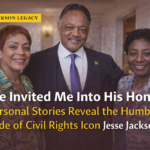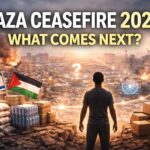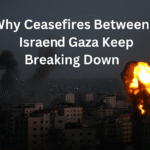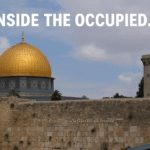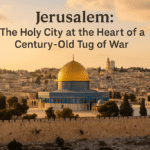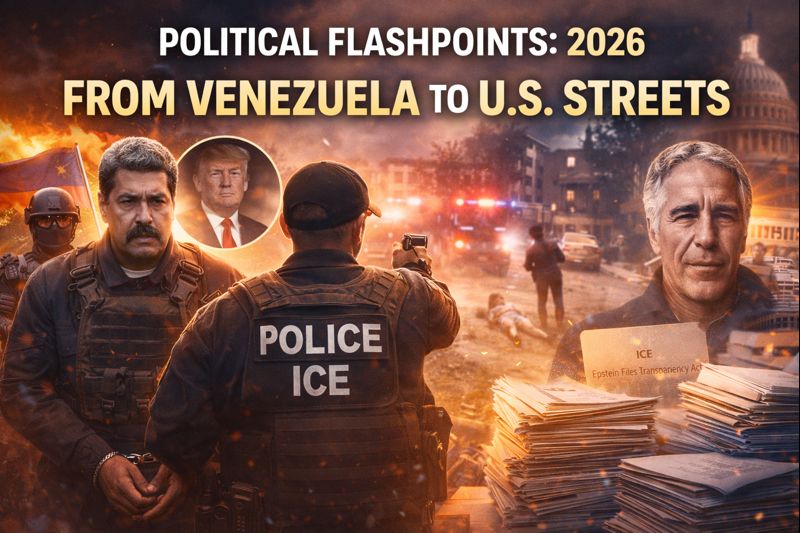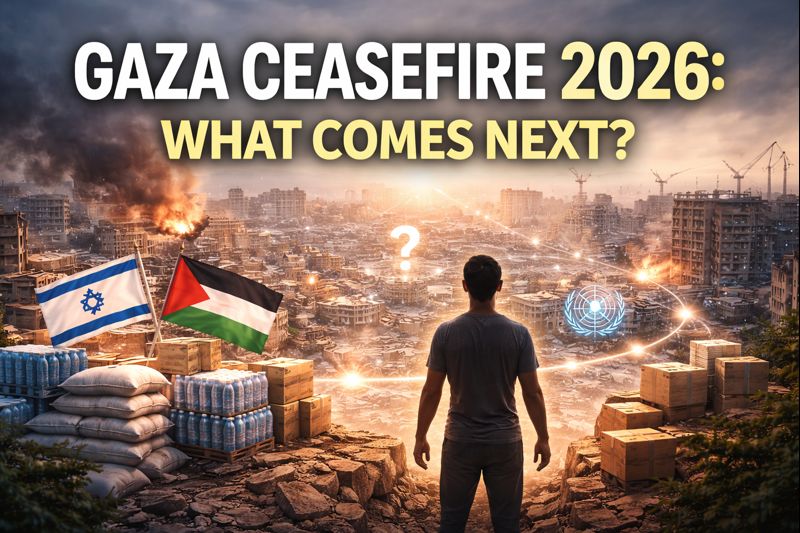The Israel-Palestine conflict isn’t just a local or regional struggle. It’s a geopolitical flashpoint that has drawn in global powers, shaped foreign policy doctrines, and exposed deep international divisions. While Palestinians and Israelis continue to battle over land, identity, and survival, powerful nations and institutions around the world have consistently played a decisive role in shaping the conflict’s trajectory.
From vetoes in the UN Security Council to billion-dollar military aid packages, international politics often determines the battlefield long before a single stone is thrown or a rocket is launched.
The U.S.: Israel’s Closest Ally
The United States has consistently stood as Israel’s strongest and most influential ally.. Since the 1970s, it has provided over $150 billion in military and economic aid, making Israel the largest cumulative recipient of U.S. foreign assistance.
Why such strong support?
- Strategic interests in the Middle East during the Cold War
- A shared democratic identity
- Strong pro-Israel lobbying groups, such as AIPAC
- Evangelical Christian support for Israel in U.S. politics
The U.S. has vetoed dozens of UN Security Council resolutions criticizing Israeli actions and consistently supports Israel in international forums. However, U.S. administrations have also attempted to mediate peace, from Camp David (1978) to Oslo (1990s) and the Roadmap to Peace (2003).
Yet, most of these efforts have failed — often due to either domestic political pressures or lack of enforcement mechanisms.
The UN: Words Without Weight?
The United Nations has passed countless resolutions regarding the Israel-Palestine conflict. Key among them:
- UN Resolution 181 (1947): The original partition plan
- Resolution 194: Called for the right of return for Palestinian refugees
- Resolution 242 (post-1967): Called for Israeli withdrawal from occupied territories
- Resolution 2334 (2016): Condemned Israeli settlements as illegal under international law
While these resolutions carry moral and symbolic weight, enforcement is weak — especially when blocked by U.S. veto power or non-compliance by parties involved.
To Palestinians, the UN represents a forum for international justice. To Israelis, it often appears as a platform biased against them. This dichotomy has fueled further mistrust.
Europe: Vocal but Divided
European countries have generally supported the two-state solution, called for an end to settlement expansion, and provided significant humanitarian aid to Palestinians.
However, the EU remains politically fragmented, and its influence is often undermined by internal divisions or lack of unified foreign policy power. While many EU states recognize Israel, only a handful (like Sweden) have formally recognized Palestine as a state.
Russia & China: Strategic Players
Russia has long positioned itself as a counterweight to U.S. influence in the Middle East. It maintains ties with both Israel and Hamas, hosting talks and pushing for multilateral diplomacy. China’s involvement is newer but growing, with Beijing advocating for a two-state solution and offering to mediate peace talks in recent years.
These nations view the conflict not just through humanitarian lenses, but as a means to project influence and counter Western dominance.
The Arab World: Changing Alliances
Historically, Arab nations were united in their support for Palestine. But that’s shifted dramatically:
- Israel maintains official peace agreements with both Egypt and Jordan.
- Gulf states like the UAE and Bahrain normalized relations with Israel through the Abraham Accords (2020) — a major geopolitical shift.
- Saudi Arabia is considering normalization but faces internal and regional pressures.
Meanwhile, countries like Iran and Qatar continue to fund or support Palestinian groups like Hamas, adding layers of complexity and proxy dynamics to the conflict.
Conclusion: A Global Tug-of-War That Continues to Shape the Conflict
The Israel-Palestine conflict is not isolated. It is shaped—sometimes fueled—by global agendas, foreign policies, and strategic interests. From arms deals and diplomacy to UN resolutions and veto power, international politics often decides who holds leverage on the ground.
Peace remains elusive not only because of local grievances but because of the global chessboard on which this conflict plays out.

